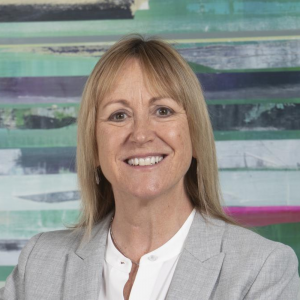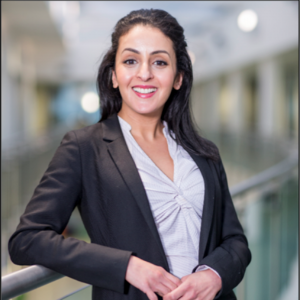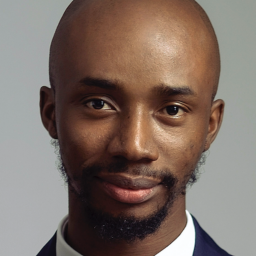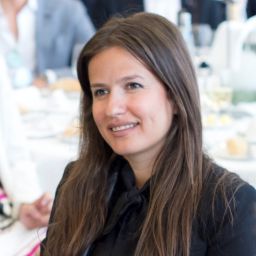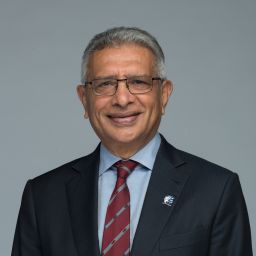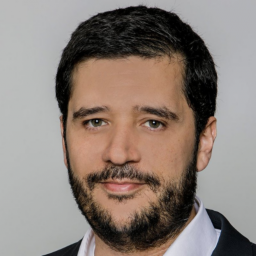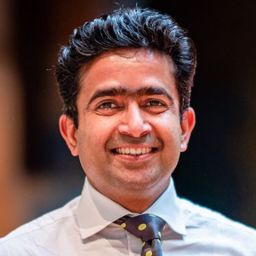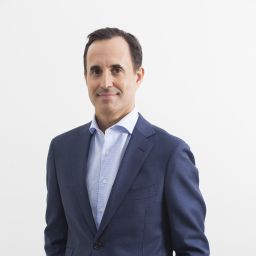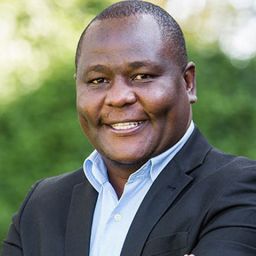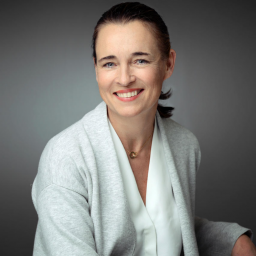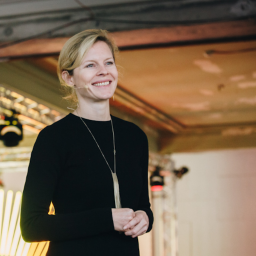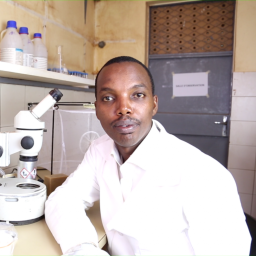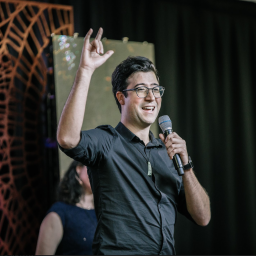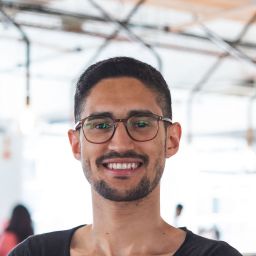Meaningful Business (MB): Can you tell us a bit about the issues you are trying to solve and why you selected them?
Andrea Sullivan (AS): I’m the International Executive for the Social & Environment Group at Bank of America (BofA). That means I am responsible for integrating and executing on the bank’s social and environment strategy outside the United States. I oversee our international social impact, philanthropic and arts investments, alongside partnering with leaders across the bank to advise our clients on their environmental and social risk and opportunities. All this work ladders up to BofA’s commitment to Responsible Growth and our focus on delivering long term value for both shareholders and society.
With the depth of our experience and expertise, resources and geographic reach, we are in a unique position to help collaborate on opportunities for many different populations and build strong communities worldwide. A key part of my team’s work is advancing the economic mobility of the next generation and of those from systemically overlooked communities. Together with our commitment to the arts and our efforts to support a low carbon economy, this is how we help build a more sustainable future.
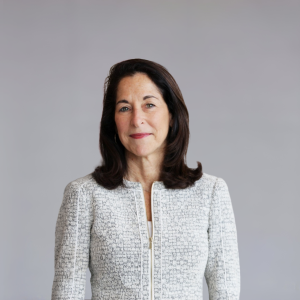
Andrea Sullivan, International Executive, Bank Of America
(MB): How is your work tackling those problems and what impact are you having?
AS: Last year alone, BofA provided nearly $290 million in philanthropic investments to drive social and environmental development and $32 million to support the arts. But it’s not just about the funding. We’re firmly focused on strategic collaboration through our partnerships; we work with a network of not-for-profit, public sector and government organisations to inspire innovation and deliver long term, sustainable impact.
Each year, we support communities across the globe to develop skills in high growth sectors, generate income, find sustainable employment and start or grow their own business. To give a recent example, we have built a strong partnership with employment not-for-profit organisation, Generation, in both Europe and Asia. Together, we’re helping those at a disadvantage, including single mothers, individuals with disabilities and those in mid-career, to develop skills which are needed in the technology sector.
Our commitment to sharing success with communities also demands we help society accelerate toward a secure and sustainable lower-carbon future. We are doing so by mobilising capital and working alongside our clients and partners to address the need for energy affordability, sustainability and security. Recognising the amount of capital necessary, in 2021 we set a goal to mobilise and deploy $1.5 trillion by 2030 to support the Sustainable Development Goals, with $1 trillion focused on the environmental transition. We have since mobilised $560 billion in sustainable finance.
(MB): What is your biggest focus?
AS: A recent focus has been the advancement of BofA’s arts & culture programme, an area which I am hugely passionate about. BofA has supported the arts and cultural sector globally for almost 20 years and our programme spans from major sponsorships, to art conservation, community education, outreach and the loan of our own art collection at no cost.
We recognise the power of the arts to promote strong, healthy economies and communities and much of our support is focused on broadening access to culture. Our recent partnership with the National Portrait Gallery in London is a great example. As their principal partner, BofA funded affordable exhibition tickets for young people. More than 25,000 young people benefited from the pilot.
I am particularly proud of Bank of America’s State of the Arts platform. The platform convenes and connects artists, cultural leaders, philanthropists and investors for discussions on the state of the arts. It’s something we have been able to achieve thanks to our decades long advocacy for the global cultural sector. Important issues of the day such as funding, evolving content and delivery for a new generation, and environmental concerns are just some of the topics we have discussed and where solutions are being shared.
(MB): How do you work with partners and the wider ecosystem to achieve your mission?
AS: Through convening thought leaders and our collaboration with public, private and government entities, we are able to develop ideas and solutions for all parties involved. Our aim is to inspire innovation, catalyse more funding, and deliver targeted, sustainable progress.
This is demonstrated and brought to live in a number of ways – firstly, by the Bank of America Art Conservation Project, which was established in 2010. Since then it has provided funding for more than 260 projects in 40 countries to conserve historically or culturally significant works of art, including works that have been designated as national treasures.
Secondly, the UK’s first of its kind Arts Impact Fund offers an example of a successful blended finance funding model. The fund brought together public, charitable and private funding from BofA to create the world’s first impact investment fund specifically for the arts and cultural sector. It offered flexible, patient finance to arts organisations with ambitions to have a social impact. A total of £8.8 million was initially invested – and repaid – from 27 enterprising arts organisations, and the fund’s innovation and success catalysed a second £23 million fund.
Finally, BofA’s employees are also critical to how we deliver impact in our communities. In 2023, our employees volunteered more than 2.5 million hours of their time and expertise within their communities.
(MB): How do you measure success?
AS: Our approach to social investment is impact driven and we work with our partners to collect robust data and then to measure the progress we are collectively driving. I am proud of what we continue to achieve together.
To give a few recent highlights, In Ireland, we recently celebrated a landmark in our partnership with Rethink Ireland and the Irish government. Our joint project, the Women of Ireland Fund, reached its goal to place more than 1,000 women from disadvantaged backgrounds into secure, sustainable employment. And more broadly across Europe, our support of one of the world’s largest green start up business competitions, ClimateLaunchpad by Climate KIC, has supported almost 5,000 green entrepreneurs and created more than 15,000 jobs across Europe.
————-
Quickfire questions:
(MB): How do you spend your time away from work?
AS: My family and friends are incredibly important to me. I prioritise spending my down time with them. I also enjoy making the most of the culture on my doorstep here in London and try to see the latest exhibitions and shows when I can.
(MB): What’s the best piece of advice you’ve ever received?
AS: When I was just starting at the bank more than a decade ago, our then Chairman spoke with me for a short meeting. As we left the conference room I thanked him for his time, and he said to me “Andrea, you have good instincts. Always have confidence in your own thoughts.” Whenever I doubt myself or am nervous to present, I always think of his voice of support and it helps me to share my ideas.
(MB): What is the one book everyone should read?
AS: Plato’s ‘Allegory of the Cave’ is an excellent reminder of the value of continual learning and discovery. I have the privilege of working with so many inspiring individuals and organisations in my job, and I am constantly learning. It’s inspiring to be surrounded by so much creativity and diversity of thought as we focus on achieving positive progress to some of the world’s challenges.
________



